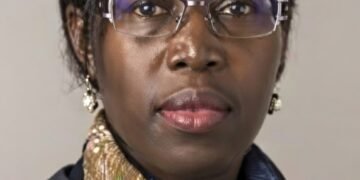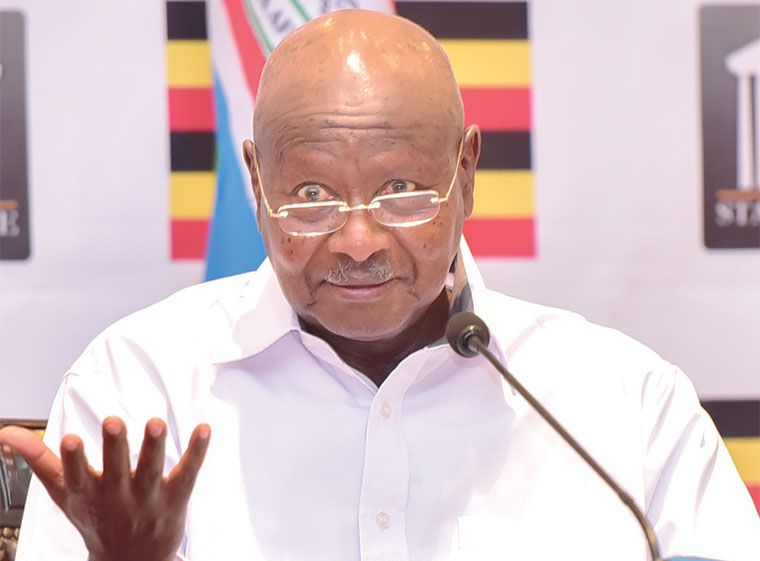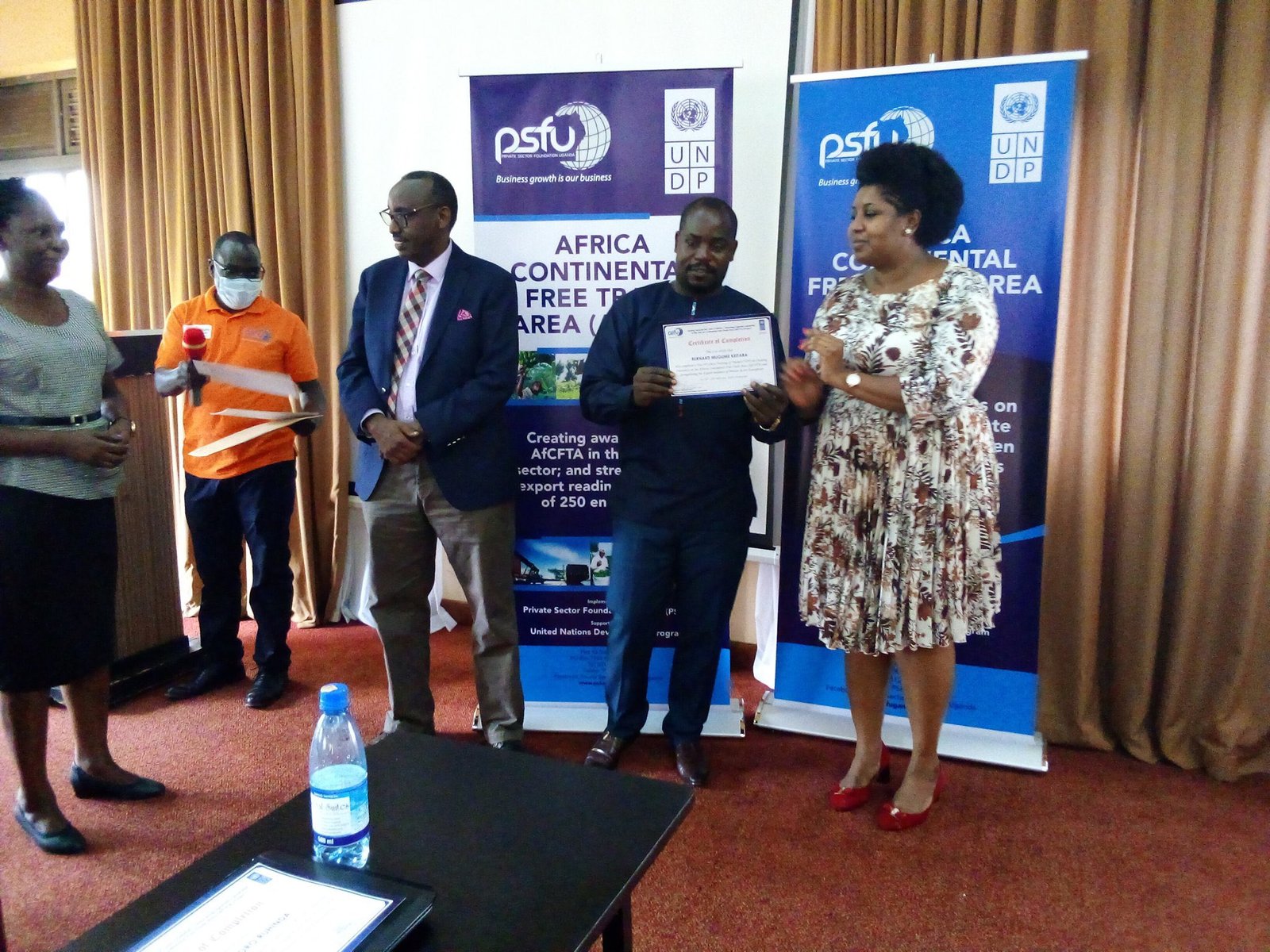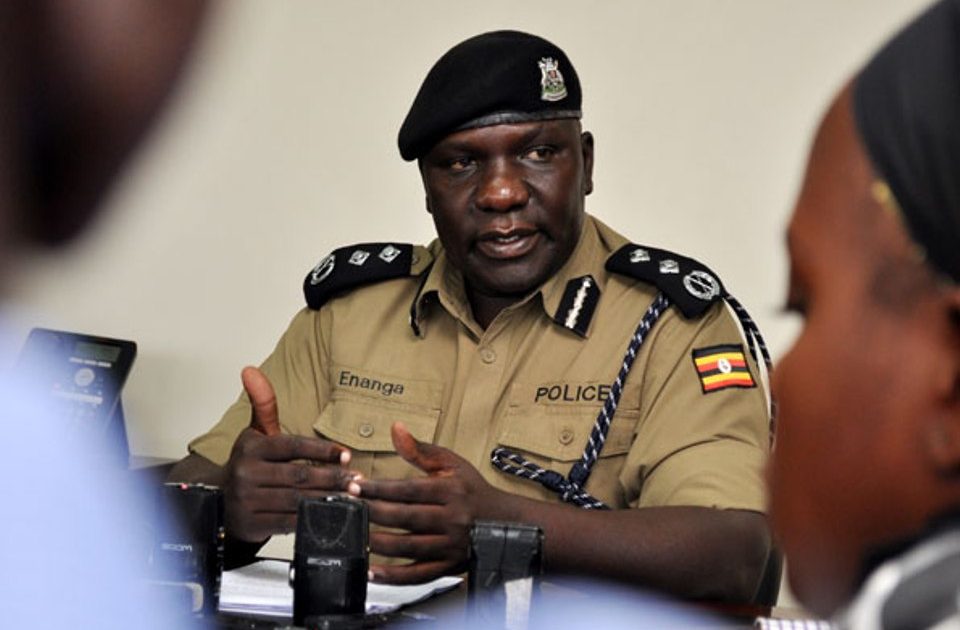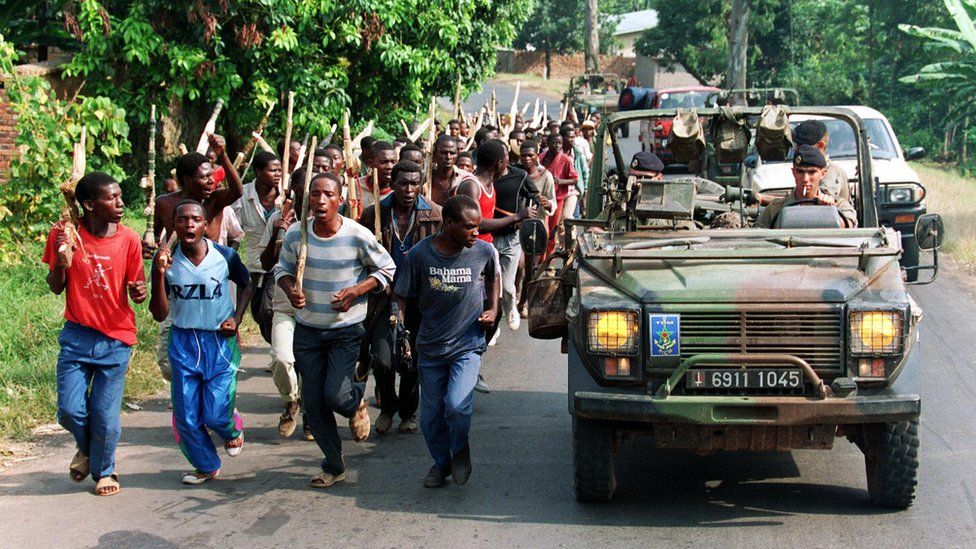British human rights lawyer Karim Khan, who has handled high-profile cases including representing Kenya’s Deputy President William Ruto, is the new prosecutor of the International Criminal Court (ICC).
Khan, 50, previously led a special UN probe into crimes by the Islamic State extremist group in which he pressed for a trial on the lines of Nuremberg for Nazi war criminals.
More controversially, he also represented late Libyan leader Moamer Kadhafi’s son Seif al-Islam and is also remembered for representing Kenya’s Deputy president Ruto whose charges were dropped by incumbent prosecutor Bensouda.
Khan will be only the third prosecutor of the ICC, taking over in June from Gambian-born Fatou Bensouda, who has outraged Washington through her investigations into the Afghanistan war and the Israeli-Palestinian conflict leading to sanctions against her.
ICC nations failed to reach a consensus choice, triggering a vote in New York among four candidates in which Khan won on the second ballot with 72 votes.
In the first round, he did not win a majority but narrowly edged out Ireland’s Fergal Gaynor, who has represented victims before the ICC in the Afghan war investigation and in a case against Kenyan President Uhuru Kenyatta.
The United Nations has 193 member states but only 123 are in the ICC, with the United States, Israel, China and Russia notably absent.
Khan will take on a bulging file of difficult cases at a tribunal whose legitimacy is constantly under attack.
“There are many places where the ICC could take action,” one UN envoy said Friday on condition of anonymity, adding he hoped the voting would not stretch over several days.
The new prosecutor’s first tasks will include deciding the next steps on the probe into war crimes in Afghanistan and the hugely contentious investigation into the 2014 Israel-Palestinian conflict in Gaza.
The administration of then US president Donald Trump hit Bensouda and another senior ICC official last year with sanctions including a travel ban and asset freeze after she launched the probe that includes alleged US war crimes in Afghanistan.
Israel and the United States have also strongly opposed the probe into alleged war crimes by both Israeli forces and Palestinian armed groups.
ICC judges however ruled last week that the court had jurisdiction over the situation in the Palestinian territories, paving the way for a full investigation after a five-year preliminary probe opened by Bensouda.
The new US administration of President Joe Biden has signaled a less confrontational line but has not said whether it will drop sanctions against Bensouda, who has attacked the “unacceptable” measures.
Other candidates for the job included Spanish judge Carlos Castresana, who previously headed a UN panel combating crime and corruption in Guatemala but resigned in 2010 alleging “systemic attacks” by power-hungry officials, and Francesco Lo Voi, an Italian prosecutor of the Mafia.
Bensouda has had a mixed record in her tenure since 2012 even as she expanded — some analysts say overextended — the court’s reach.
Under her leadership, former Ivory Coast president Laurent Gbagbo was cleared of crimes against humanity, while former DR Congo vice-president Jean-Pierre Bemba was acquitted on appeal.



